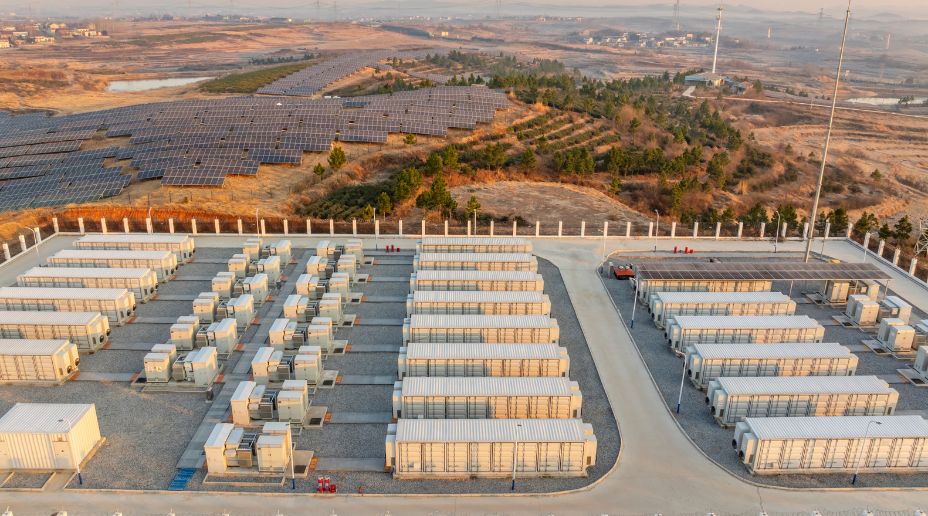The global Allianz Risk Barometer 2020 identified the top corporate perils based on the insight of more than 2,700 risk management experts from 102 countries and territories.
Here we look at the risks ranked most important by those surveyed in the UK.
The top 3 risks for businesses in the UK
51%
1. Cyber incidents
41%
2. Changes in legislation/regulation
29%
3. Business interruption
26%
4. Market developments
19%
=5. Loss of reputation or brand value
19%
=5. New technologies
14%
7. Climate change
12%
8. Fire, explosion
11%
=9. Natural catastrophes
11%
=9. Shortage of skilled workers

Cyber incidents retained the top spot for the fifth year running, demonstrating that cyber security incidents pose a very real and enduring threat to organisations of all sizes, across all industries.
This was illustrated in November 2019 when the Labour Party reportedly faced two cyber-attacks on its digital platforms within days.1 It seems that growing awareness of the risk is prompting an increase in the number of medium and large businesses taking out cyber insurance – up 63% for medium businesses and 45% for large businesses.2
It’s hardly surprising that changes in legislation/ regulation was nearly at the top of the list, with the lead up to Brexit on 31 January raising questions around trade deals, immigration and employment regulation, to name a few. Whilst the UK has now formally exited the EU, the transition period will see ongoing political discussions and negotiations around UK-EU trade deals, and businesses that sell to and buy from the EU will need to prepare contingency plans for possible outcomes.
A related topic is Business Interruption with concerns around international supply chains and skills shortages following Brexit. A recent report3 advised that the number of skilled workers from overseas applying to enter the UK’s private sector has fallen 9% since the EU Referendum, with the technology sector the hardest hit. However disruption can also be triggered by cyber incidents, disease outbreaks (such as the coronavirus epidemic) and natural catastrophes. Existing concerns around climate change will likely not be helped by the recent flooding associated with Storms Ciara and Dennis, with predictions that these could bring insurance claims of up to £425m.4


Market developments remained high on the list in fourth place; perhaps unsurprisingly given the major distortions experienced by the UK economy in the run up to the original 29 March 2019 Brexit deadline. Imports sank to their lowest levels in more than a year5, business investment fell and some industries (such as the construction industry) reported a decline in new work due to intensified competition.6 It will be interesting to see whether this result changes as the UK navigates the transition period.
Fires and explosions continues to be an area of concern falling only one place to eighth position. Fire remains one of the most expensive property insurance claims with £1.3bn paid out to customers in 2018.7 Following the findings and 53 recommendations from the Hackitt Report, a new regulatory reform to manage construction risks is expected in 2021-2022 followed by a transition period.
1 BBC News: ‘General Election 2019: Labour Party hit by second cyber-attack’. 12 Nov 2019
2 Cyber Security Breaches Survey 2019: Medium and Large Business Findings
3 BDO 17 February 2020.
4 PWC Press Release 21 February 2020.
5 Office for National Statistics: UK Trade July 2019.
6 HIS Markit/Cips UK construction PMI survey.
7 ABI.































